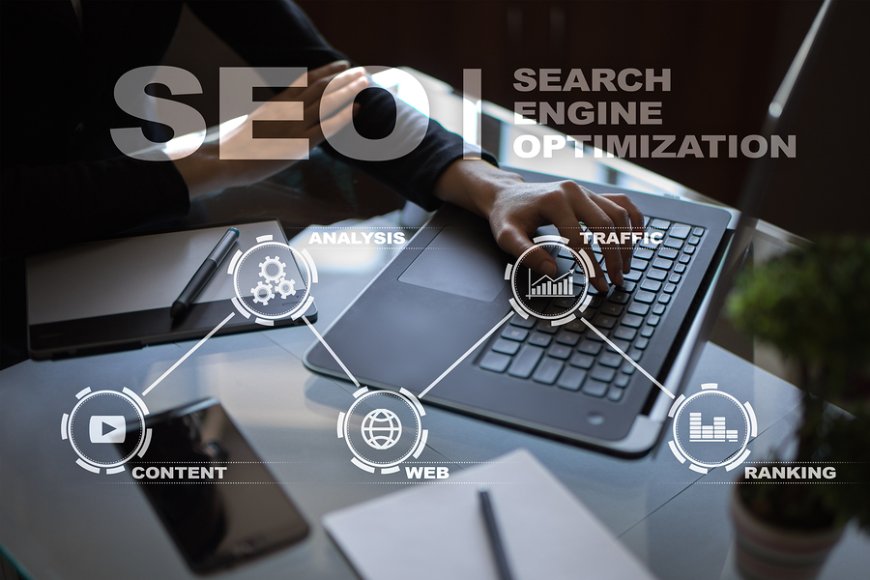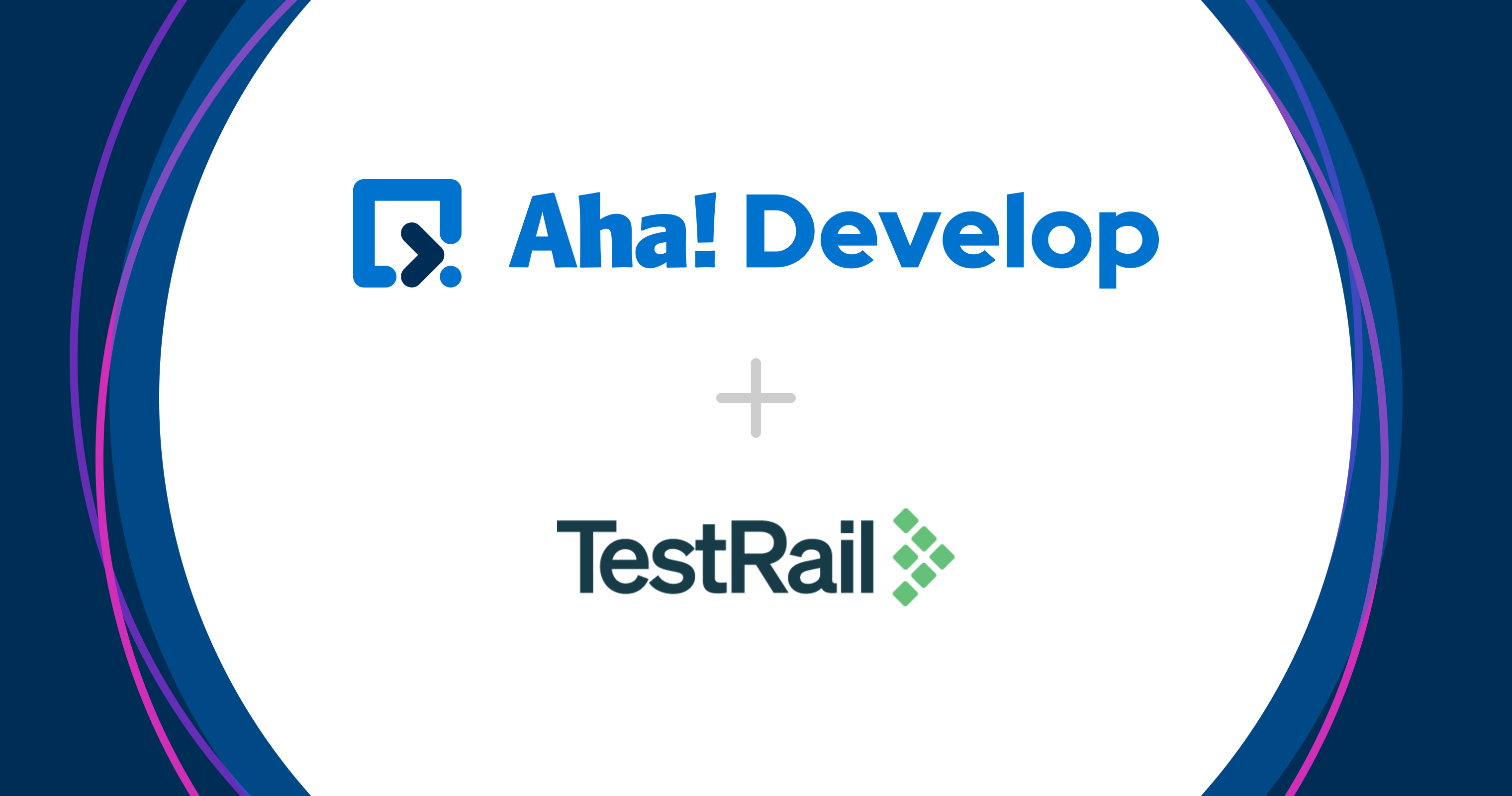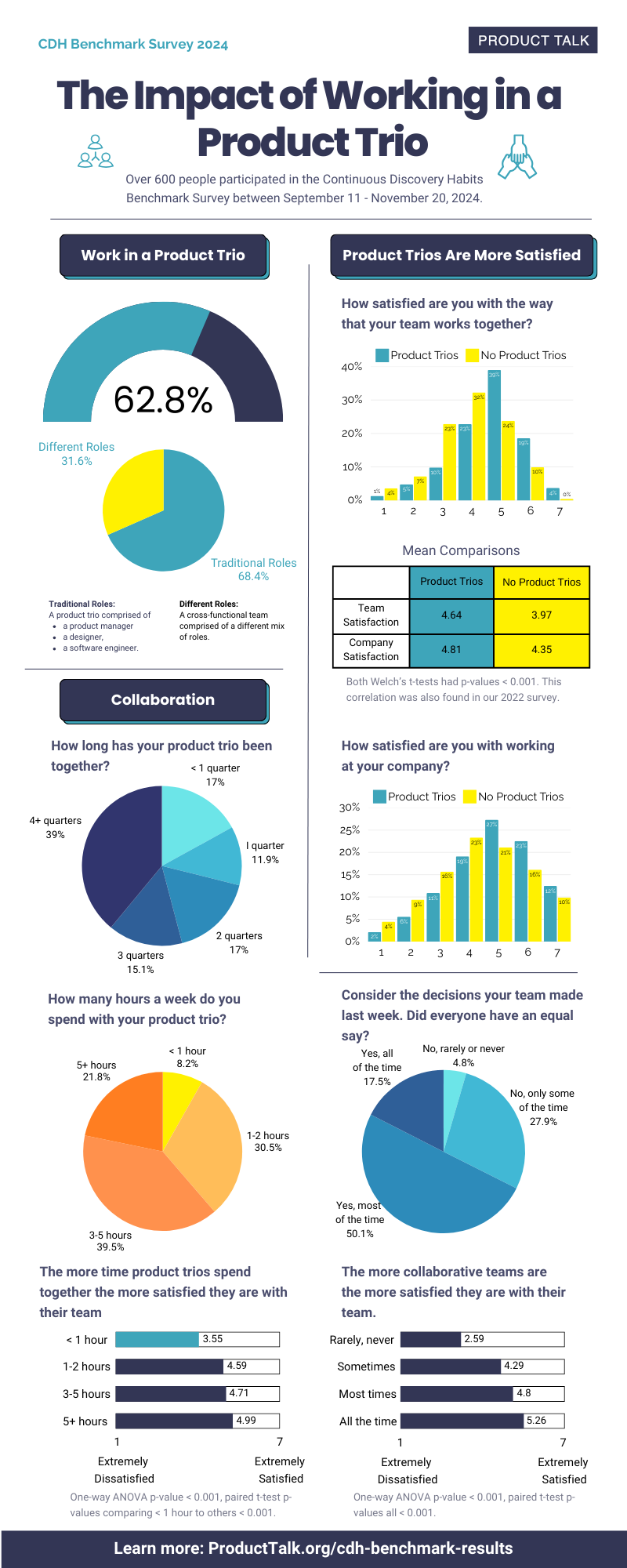The Impact of AI on SEO Optimized Websites

The landscape of digital marketing is constantly evolving, and artificial intelligence (AI) has become a powerful force reshaping how businesses approach online visibility. One of the most significant areas impacted by AI is the creation and management of SEO optimized websites. As search engines become smarter and user behavior shifts, integrating AI into SEO strategies is no longer optional — it’s essential.
This article explores how AI is transforming SEO optimized websites, the benefits it brings, and what businesses need to know to stay ahead in a competitive online environment.
Understanding SEO Optimized Websites in the Age of AI
SEO optimized websites are designed to rank highly on search engines by using techniques that improve visibility, user experience, and content relevance. Traditionally, SEO involved keyword research, backlink building, and on-page optimization. However, with AI-driven algorithms, the focus has shifted to more sophisticated elements like user intent, content quality, and predictive analytics.
AI technologies, such as machine learning, natural language processing (NLP), and data analytics, are increasingly integrated into SEO tools and website development processes. This integration allows SEO optimized websites to adapt dynamically to search engine updates and evolving user preferences.
How AI Is Changing SEO Optimized Websites
1. Smarter Keyword Research and Content Creation
AI-powered tools analyze massive datasets to identify keywords not just by search volume but also by user intent, competition, and relevance. These insights help marketers create content that is more aligned with what users are genuinely looking for.
Content creation has also evolved with AI. Tools like GPT-based content generators assist in drafting high-quality, engaging articles that maintain SEO best practices. While human oversight is still necessary to ensure authenticity and accuracy, AI accelerates content production and optimization, making SEO optimized websites more efficient to maintain.
2. Enhanced User Experience and Personalization
User experience (UX) is a critical ranking factor in SEO optimized websites. AI helps improve UX by analyzing user behavior, such as click patterns, time spent on pages, and navigation paths. This data allows websites to adapt in real time, personalizing content and layout to match individual preferences.
For example, AI chatbots provide instant customer support, reducing bounce rates and increasing engagement. Personalization engines recommend relevant products or articles, which can boost conversions and user satisfaction.
3. Improved Technical SEO and Site Performance
AI-driven analytics tools monitor site health continuously, identifying technical issues such as broken links, slow loading pages, or crawl errors before they impact SEO rankings. Predictive algorithms can forecast potential problems and recommend fixes proactively.
Additionally, AI optimizes website performance by automating image compression, lazy loading, and code minification, which helps SEO optimized websites load faster — a key ranking factor for search engines and user retention.
4. Advanced Voice Search Optimization
The rise of voice assistants like Siri, Alexa, and Google Assistant has shifted how users search online. AI understands natural language queries better than ever, which means SEO optimized websites must focus on conversational keywords and long-tail phrases.
AI tools help analyze voice search data to refine content strategies, ensuring websites are optimized for the growing number of voice-activated searches. This adjustment can increase organic traffic by capturing users who prefer speaking over typing.
5. Better Link Building and Outreach
Link building remains a cornerstone of SEO optimized websites, but AI streamlines the process by identifying high-quality backlink opportunities through data analysis. AI-powered outreach platforms personalize communication and predict the likelihood of successful partnerships, increasing the efficiency of link-building campaigns.
6. Continuous SEO Monitoring and Adaptation
Search engines like Google constantly update their algorithms using AI and machine learning. This makes SEO a moving target. AI tools enable real-time monitoring of website rankings, traffic fluctuations, and competitor strategies.
SEO optimized websites benefit from AI-driven insights that suggest adjustments to content, keywords, or technical factors to maintain or improve rankings. This proactive approach helps businesses avoid penalties and adapt quickly to algorithm changes.
Benefits of AI Integration in SEO Optimized Websites
-
Increased Efficiency: AI automates repetitive tasks such as data analysis, reporting, and content optimization, freeing up marketers to focus on strategy and creativity.
-
Data-Driven Decisions: AI provides deep insights from vast amounts of data, leading to more accurate SEO strategies that deliver measurable results.
-
Improved ROI: By targeting the right audience with personalized content and optimizing technical performance, AI helps maximize return on investment.
-
Competitive Advantage: Early adopters of AI tools can outperform competitors by staying ahead of search engine trends and user behavior shifts.
Challenges and Considerations
While AI offers significant advantages, there are challenges to consider when integrating it into SEO optimized websites:
-
Dependence on Quality Data: AI’s effectiveness depends on the quality of the data it analyzes. Poor data can lead to misguided strategies.
-
Balancing Automation and Human Touch: Over-reliance on AI-generated content can result in generic or low-quality output. Human oversight remains essential for creativity and brand voice.
-
Ethical Concerns: AI-driven personalization must respect user privacy and data protection regulations.
-
Cost and Expertise: Implementing AI tools may require investment and technical expertise, which can be barriers for smaller businesses.
Future Outlook: AI and SEO Optimized Websites
The role of AI in SEO optimized websites will only grow stronger. Emerging technologies like AI-powered visual search, augmented reality (AR), and predictive analytics will open new opportunities for engaging users and improving search rankings.
Additionally, search engines themselves will continue to refine their AI algorithms to better understand context, semantics, and user intent. This means businesses must adopt AI-driven SEO strategies not just as a competitive advantage but as a necessity to maintain visibility.
Conclusion
Artificial intelligence is revolutionizing how SEO optimized websites are created, managed, and enhanced. From smarter keyword research and content creation to improved user experience and continuous adaptation, AI provides the tools and insights needed to thrive in an ever-changing digital environment.










































































































![Building A Digital PR Strategy: 10 Essential Steps for Beginners [With Examples]](https://buzzsumo.com/wp-content/uploads/2023/09/Building-A-Digital-PR-Strategy-10-Essential-Steps-for-Beginners-With-Examples-bblog-masthead.jpg)















![How to Use GA4 to Track Social Media Traffic: 6 Questions, Answers and Insights [VIDEO]](https://www.orbitmedia.com/wp-content/uploads/2023/06/ab-testing.png)

































